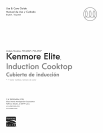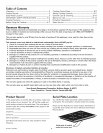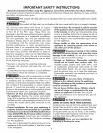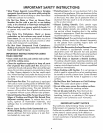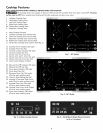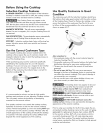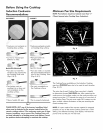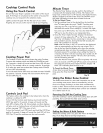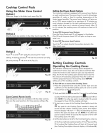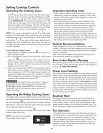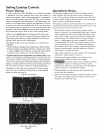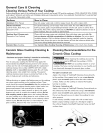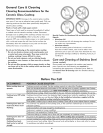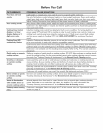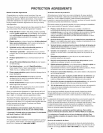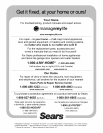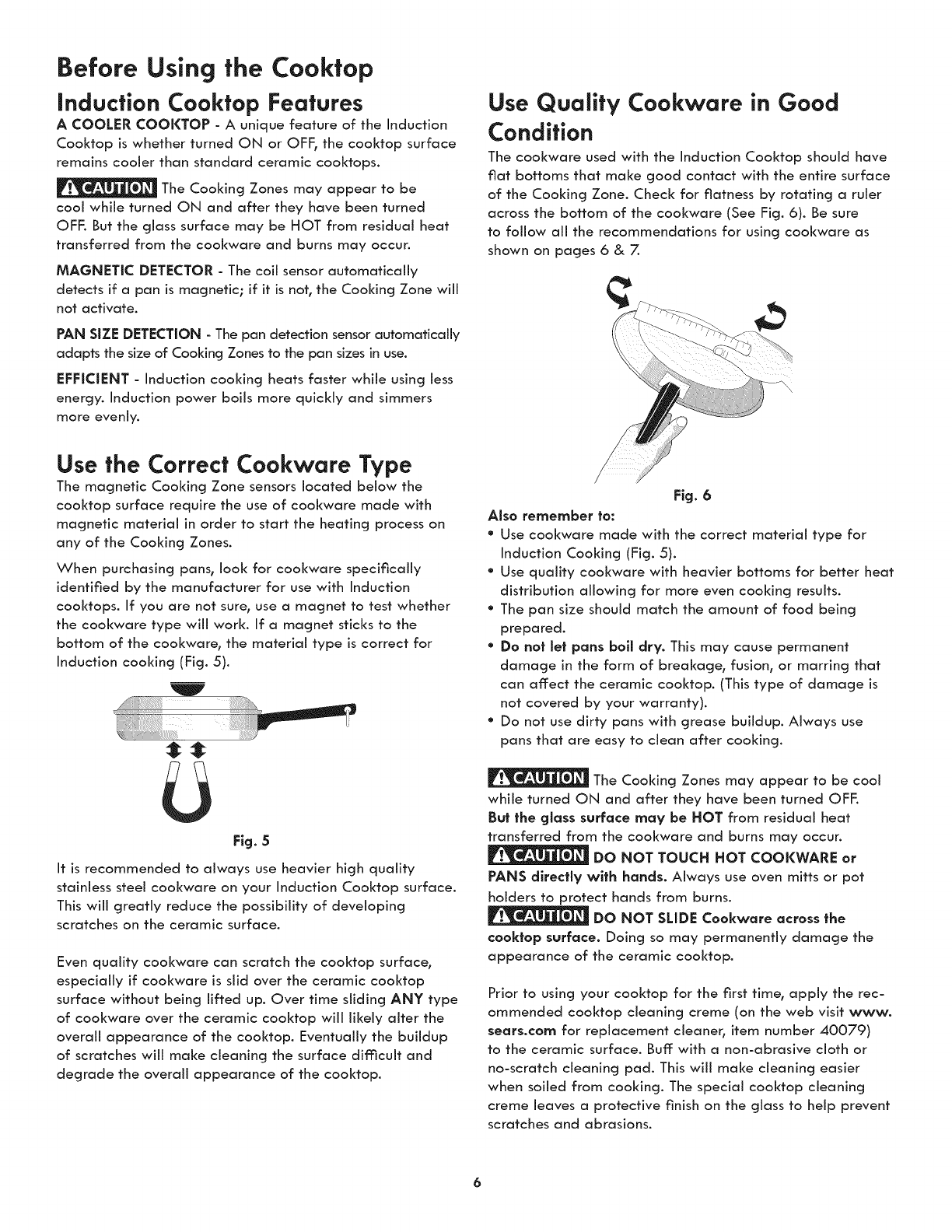
Before Using the Cooktop
induction Cooktop Features
A COOLER COOKTOP - A unique feature of the Induction
Cooktop is whether turned ON or OFF, the cooktop surface
remains cooler than standard ceramic cooktops.
The Cooking Zones may appear to be
cool while turned ON and after they have been turned
OFF. But the glass surface may be HOT from residual heat
transferred from the cookware and burns may occur.
MAGNETIC DETECTOR - The coil sensor automatically
detects if a pan is magnetic; if it is not, the Cooking Zone wiil
not activate.
PAN SIZE DETECTION - The pan detection sensor automatically
adapts the size of Cooking Zones to the pan sizes in use.
EFFiCiENT - Induction cooking heats faster while using less
energy. Induction power boils more quickly and simmers
more evenly.
Use Quality Cookware in Good
Condition
The cookware used with the Induction Cooktop should have
flat bottoms that make good contact with the entire surface
of the Cooking Zone. Check for flatness by rotating a ruler
across the bottom of the cookware (See Fig. 6). Be sure
to follow all the recommendations for using cookware as
shown on pages 6 & 7.
Use the Correct Cookware Type
The magnetic Cooking Zone sensors located below the
cooktop surface require the use of cookware made with
magnetic material in order to start the heating process on
any of the Cooking Zones.
When purchasing pans, look for cookware specifically
identified by the manufacturer for use with Induction
cooktops. If you are not sure, use a magnet to test whether
the cookware type wiii work. If a magnet sticks to the
bottom of the cookware, the material type is correct for
Induction cooking (Fig. 5).
W
Fig. 5
It is recommended to always use heavier high quality
stainless steel cookware on your Induction Cooktop surface.
This will greatly reduce the possibility of developing
scratches on the ceramic surface.
Even quality cookware can scratch the cooktop surface,
especially if cookware is slid over the ceramic cooktop
surface without being lifted up. Over time sliding ANY type
of cookware over the ceramic cooktop will likely alter the
overall appearance of the cooktop. Eventually the buildup
of scratches wiii make cleaning the surface difncuit and
degrade the overall appearance of the cooktop.
Fig. 6
Also remember to:
* Use cookware made with the correct material type for
Induction Cooking (Fig. 5).
* Use quality cookware with heavier bottoms for better heat
distribution allowing for more even cooking results.
The pan size should match the amount of food being
prepared.
* Do not let pans boll dry. This may cause permanent
damage in the form of breakage, fusion, or marring that
can affect the ceramic cooktop. (This type of damage is
not covered by your warranty).
Do not use dirty pans with grease buildup. Always use
pans that are easy to clean after cooking.
The Cooking Zones may appear to be cool
while turned ON and after they have been turned OFF.
But the glass surface may be HOT from residual heat
transferred from the cookware and burns may occur.
DO NOT TOUCH HOT COOl(WARE or
PANS directly with hands. Always use oven mitts or pot
holders to protect hands from burns.
DO NOT SLIDE Cookware across the
cooktop surface. Doing so may permanently damage the
appearance of the ceramic cooktop.
Prior to using your cooktop for the first time, apply the rec-
ommended cooktop cleaning creme (on the web visit www.
sears.cam for replacement cleaner, item number 40079)
to the ceramic surface. Buff with a non-abrasive cloth or
no-scratch cleaning pad. This will make cleaning easier
when soiled from cooking. The special cooktop cleaning
creme leaves a protective finish on the glass to help prevent
scratches and abrasions.



